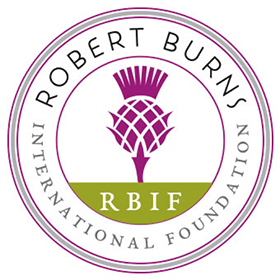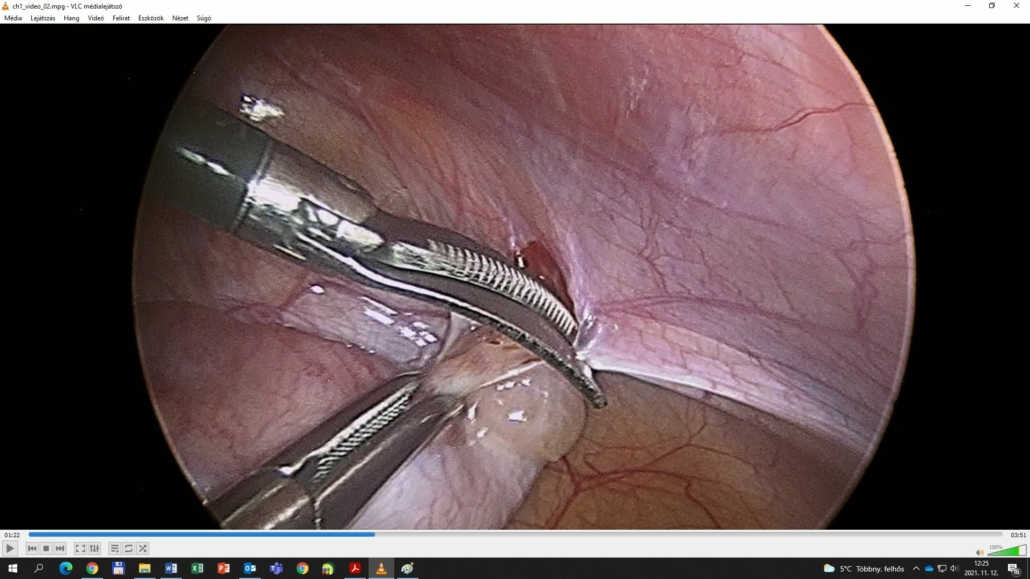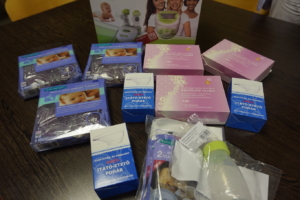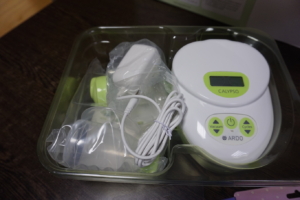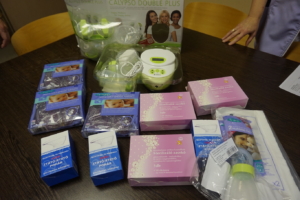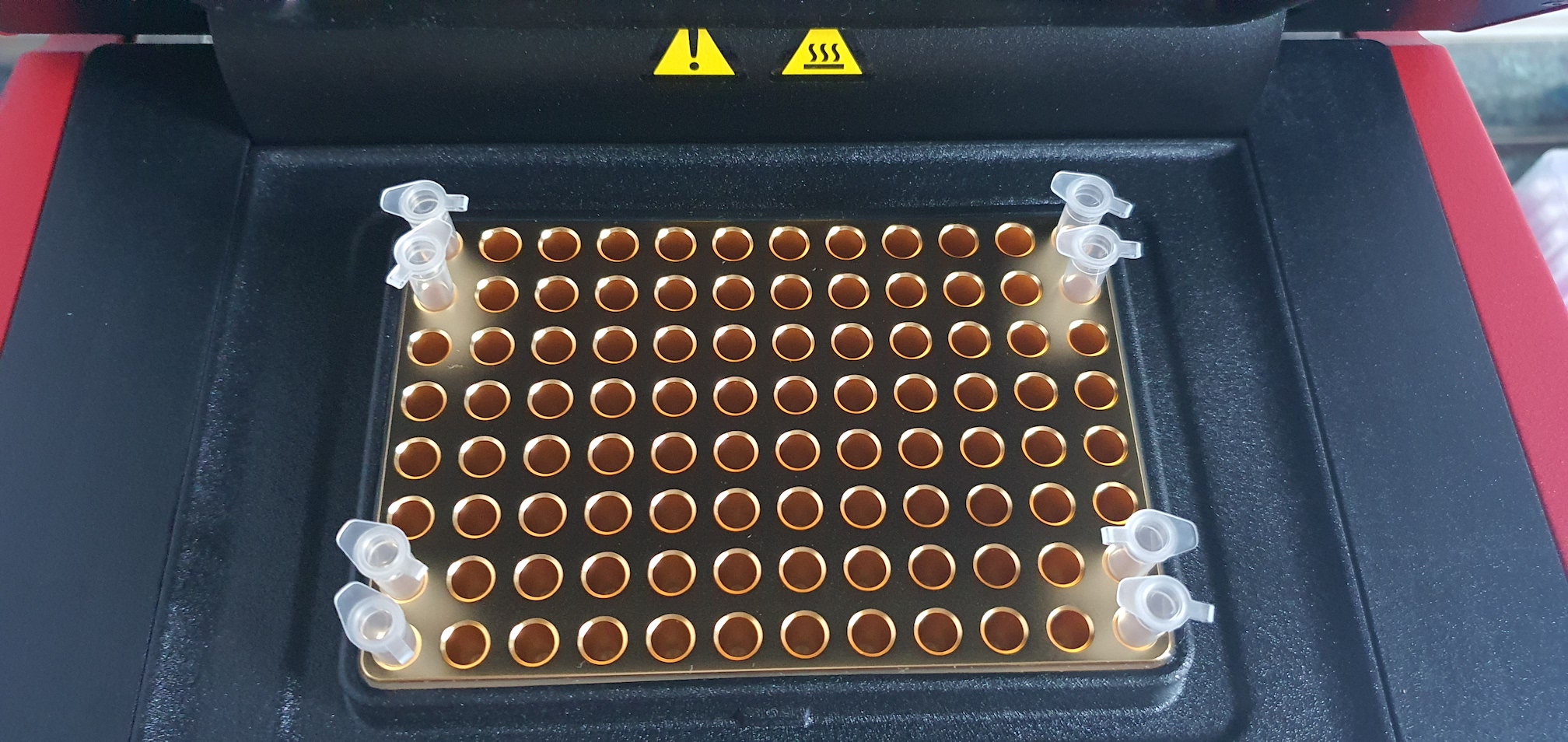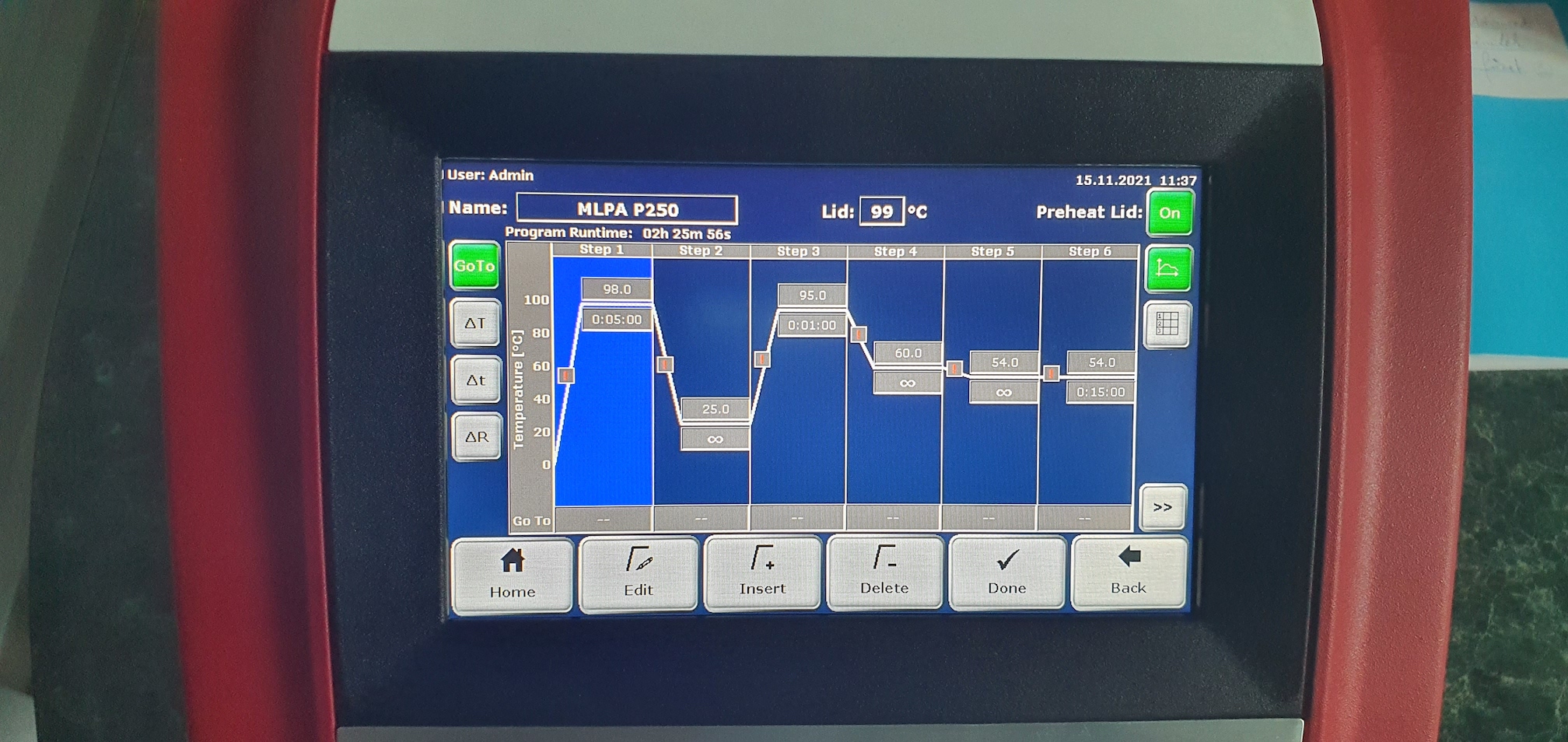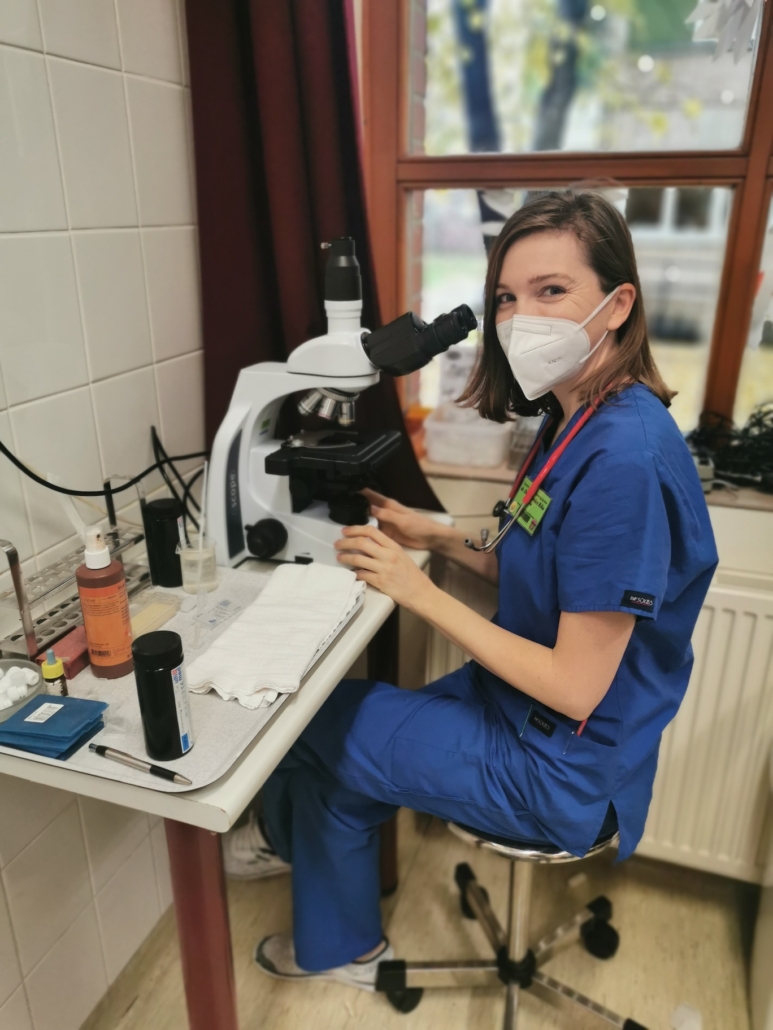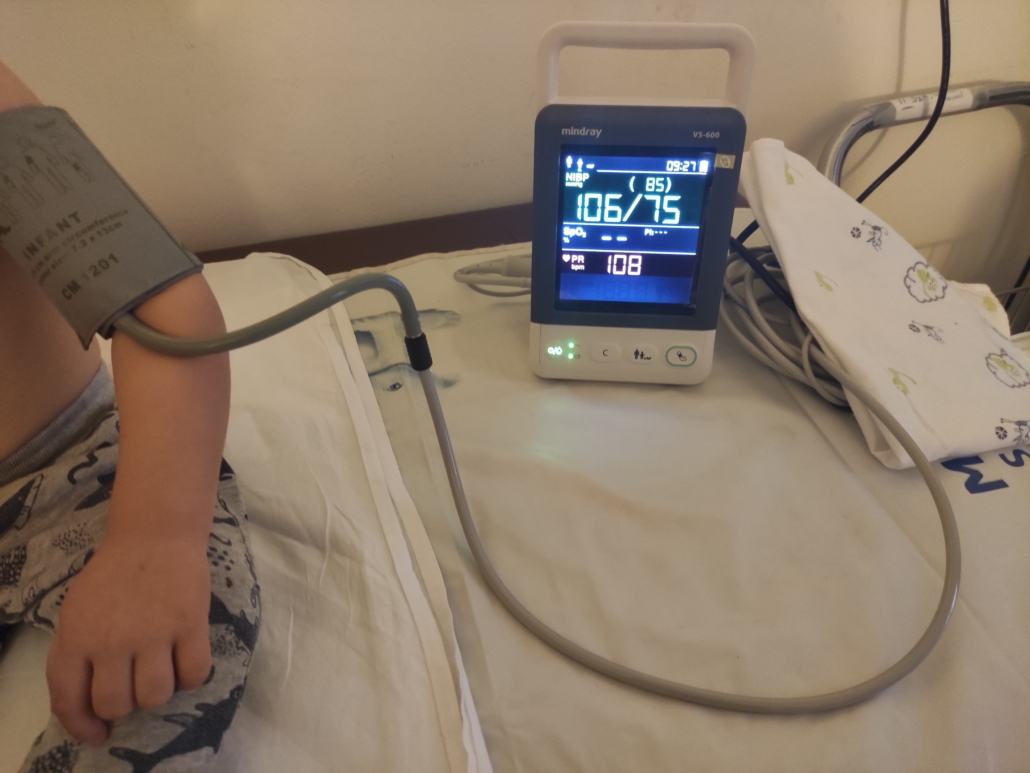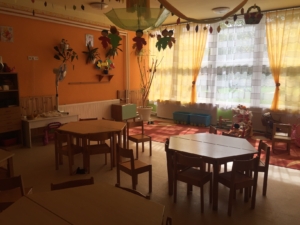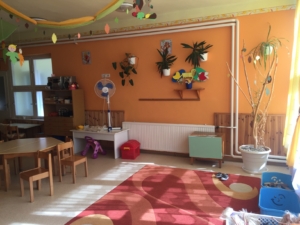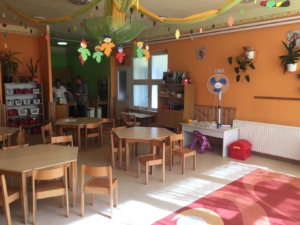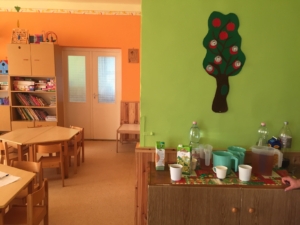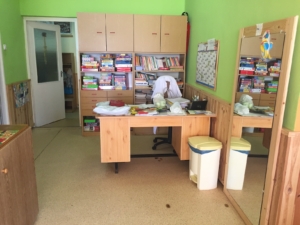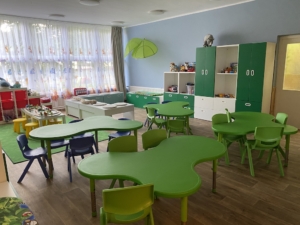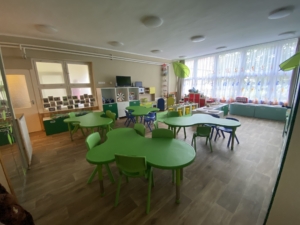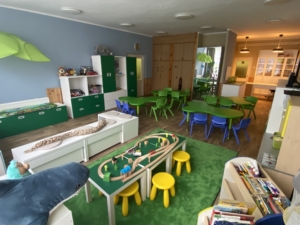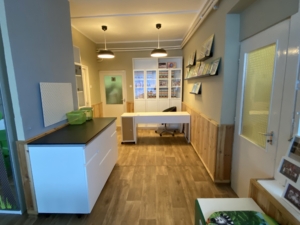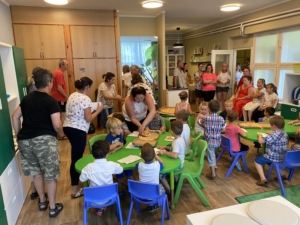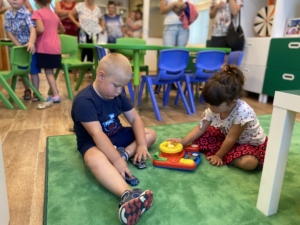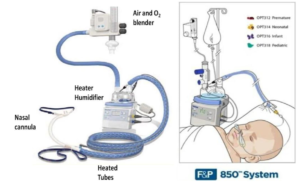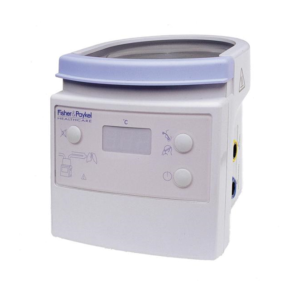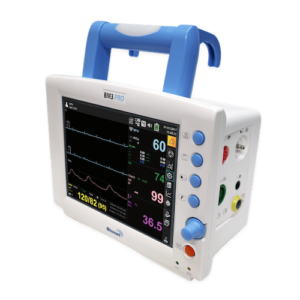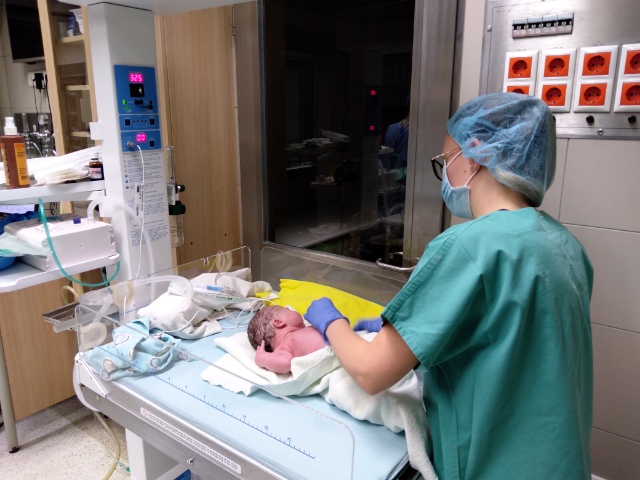For a number of years the RBIF has collaborated with the Nursery Project team, and 2020 was no different, with another ambitious upgrade project in the village of Istenmezeje, in Heves county.
A region badly hit by unemployment after the closure of coal mines, the long-standing effects are still visible. Local job opportunities are still limited, and people tend to travel to school and work to the nearby city of Eger.
The village community
Despite the difficulties, locals are a close, kind-hearted community. They not only welcomed the idea of improving their nursery facilities, but decided to play an active part. They organised a fundraising event to help change the flooring in the playroom, and welcomed a large number of volunteers from Budapest to the village, preparing local delicacies and drinks. On the delivery day itself they helped with the renovation by painting and assembling furniture. The local Mayor’s Office and the nursery management were really helpful from the start, truly a community effort.
Before the renovation
In partnership with the Robert Burns International Foundation, the IHBC (Irish-Hungarian Business Circle), and the St Andrew’s Association, HUF 3.6 million was raised. A team of interior design students surveyed the playroom and completed the interior design plans. Once the orders were completed and deliveries arranged to the nursery by volunteers, there was a very successful volunteering day with IHBC and the local Mayor’s office to assemble all the furniture and fittings in one day.
The Robert Burns International Foundation has been a long-standing partner of The Nursery Project, who were very grateful for the HUF 1,200,000 in financial support the foundation allocated, which paid for the furniture, mattresses and educational toys.
After the renovation
“The happiest moment was when all the volunteers who came to the handover day saw for themselves the joy and smiles of the local children when they came to see their new nursery. It has made a huge impact on their daily life, giving them a new, high-quality place to learn and play, a well-equipped nursery that all the local staff could only dream about. Many tears were shared when it all became a reality” – said Zsuzsanna Bozó, the creative mind behind the Nursery Project.
The nursery is an important place for kids, but now also for the local community. People who once attended the nursery and helped during the planning and building process decided to continue their support by opening a voluntary savings account, which will be a source for buying new toys and gifts for the local kids in need every year. This is another great achievement of this project, not only improving the interior, but in this case, helping a community in many ways.
“We all know 2021 is going to be a difficult year. Fundraisers and large events have been cancelled, and this will have an effect on how The Nursery Project will be able to help. But we stay optimistic and hope life will be back to normal, and helping little ones and local communities will be even more welcomed and appreciated”, added Zsuzsa
